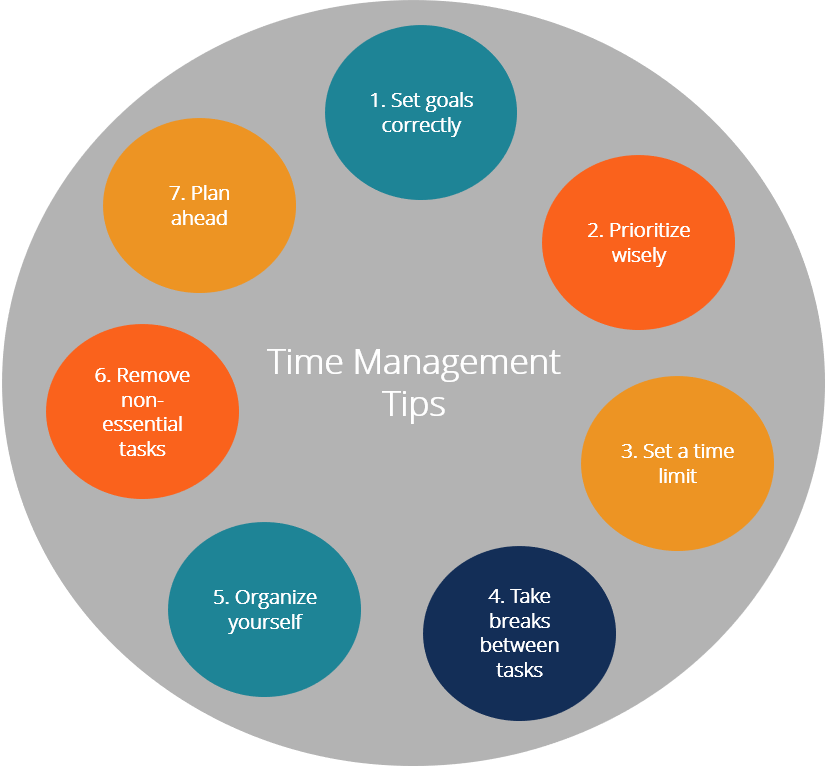
How to Manage Time Effectively as a Small Business Owner
Time management is a vital skill for any small business owner. With numerous tasks to juggle and limited resources, it can be challenging to stay organized and productive. However, by implementing effective time management strategies, you can optimize your workflow and achieve your business goals with ease.
1. Prioritize Your Tasks
One of the most crucial aspects of time management is prioritization. As a small business owner, you likely have an extensive to-do list. To ensure you stay on track, it’s essential to identify and prioritize the most important tasks. Begin each day by evaluating your tasks and categorize them into high, medium, and low priority. Focus on completing the high-priority tasks first to maximize your productivity.
2. Delegate and Outsource
As a small business owner, it’s natural to want to handle everything yourself. However, taking on too many responsibilities can lead to burnout and hinder your overall productivity. Delegating tasks to trusted employees or outsourcing certain aspects of your business can free up your time to focus on critical areas. Identify tasks that can be effectively handled by others and allocate them accordingly, allowing you to focus on strategic decision-making and growth.
3. Set Realistic Goals and Deadlines
Having clear goals and deadlines in place helps you stay focused and motivated. Break down your long-term goals into smaller, actionable steps, and assign realistic deadlines to each of them. By setting achievable objectives, you avoid feeling overwhelmed and increase your chances of success. Regularly review your progress and adjust your goals and deadlines as needed.
4. Utilize Time-Management Tools
In this digital age, numerous time-management tools and applications are available to assist entrepreneurs in optimizing their productivity. From project management tools like Trello and Asana to time-tracking apps like RescueTime, these technologies can help you track your tasks, manage your schedule, and identify areas where you may be wasting time. Experiment with different tools and find the ones that work best for your specific needs.
5. Minimize Distractions
In today’s interconnected world, distractions are aplenty, diluting our focus and productivity. To manage time effectively, minimize distractions as much as possible. Turn off notifications on your phone or computer, close unnecessary tabs, and designate specific periods for checking emails or social media. Create a work environment where interruptions are minimized, allowing you to concentrate on the tasks at hand.
6. Take Breaks and Practice Self-Care
While it may seem counterintuitive, taking regular breaks and prioritizing self-care activities is vital for maintaining productivity as a small business owner. Continuous work without breaks can lead to exhaustion and decreased efficiency. Incorporate short breaks throughout your day to recharge and rejuvenate. Engage in activities that help reduce stress, such as exercising, meditating, or pursuing hobbies outside of work. Remember, a healthy work-life balance is essential for long-term success.
Conclusion
Effective time management is crucial for small business owners seeking to maximize their productivity and achieve business success. By prioritizing tasks, delegating responsibilities, and utilizing time-management tools, you can optimize your workflow and accomplish more in less time. Minimizing distractions, setting realistic goals, and practicing self-care also contribute significantly to your overall productivity. Implement these strategies to take control of your time, improve efficiency, and propel your small business towards success.

